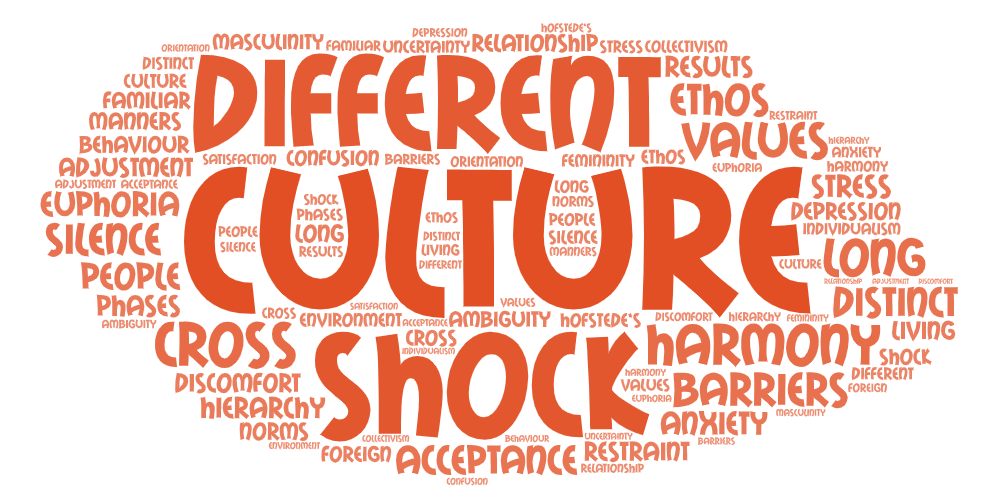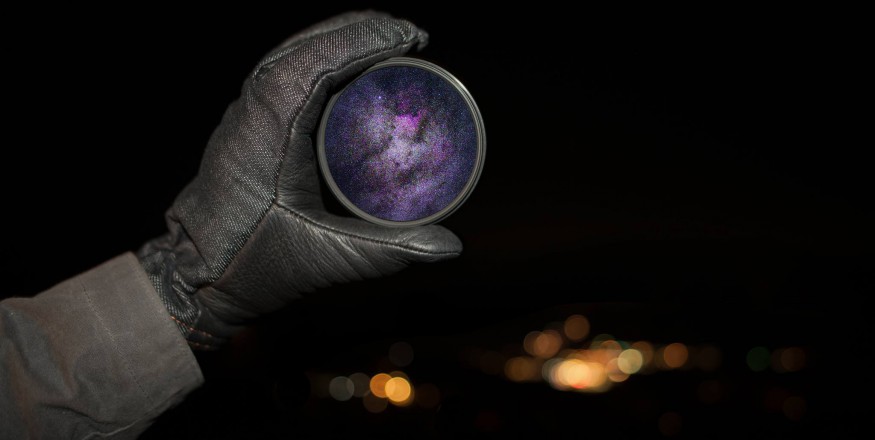 x
x
Ever heard of the word and know its meaning? Understanding its meaning as in only theory or in life is like apples and pears. Culture shock is hard to explain, but I'll do my best along with my examples, had it more than once in my life, and it has impacted my personality.
Let's go very simple and start by taking the word literally apart by 'culture' and 'shock'...
Culture is a lifestyle, a way of life that holds certain forms of traditions and customs and is a part of civilisation. In a nutshell, you are part of the culture you find yourself in.
Shock is, in this situation, meant shock on a psychological level, a sort of surprise that leaves your mind blank, mentally hitting a wall.
Starting to get an idea of what culture shock is?
It is very real and no excuse for what I had to hear from people around me. It's a part of life when you move and live from one country to another for an extended period of time. Of course, you can get a culture shock whilst travelling and visiting countries, but that is only the tip of the iceberg.
I had it for the first time as a 9-year-old, moving from Sweden to Switzerland. I don't remember much in detail because it was a hard time and so much to adjust and absorb. I knew the Swiss-German language but didn't know various dialects depending on the region in Switzerland. So to speak, I learned a new dialect and found out how far behind I am with my German knowledge compared to other students in class. Had trouble building a proper sentence no matter in which language. With some careful observation and tests, it turned out I had dysgrammartism. It's similar to dyslexia but only in building the sentence, not writing the words.488Please respect copyright.PENANAd7AIMuRqg8
The other struggle was different food, other currency, different schools, and strange faces. Nothing was familiar. It can be a thrill, but the 9-year-old me didn't mind the new environment but had difficulty opening up to people, approaching them, and expressing myself. I was too shy and was more aware of what was around me hence sensitive to reading people's body language. A universal language that never lies no matter how well you try to hide it and is understood no matter in which language or culture. Since then, I have become very observant of that, and that is how I read people nowadays and learned other methods of expressing myself. Became over time from a clammed shell, holding all my stuff to myself, to an open and expressive person in the right circle of people. Not saying I'm loud but am not afraid to tell what is on my mind.488Please respect copyright.PENANAqXKtAzQOVU
In addition, I question many things that many would take for granted, and in Switzerland, if you asked such things, you were seen as an alien. I was an alien anyway, not only due to questioning but also my strange grammar and inability to understand along judge me from appearance and clothing. Unfortunately, that has left a scar of insecurity and becoming very body-conscious. After years of working bit by bit, I learned to love myself and my body with a fitting lifestyle. Having a supportive partner, family or friends helps a lot, too, but remember, love yourself.488Please respect copyright.PENANAdnb8OHSlOC
My second culture shock was not too long ago, as I relocated to Ireland in August 2020. It has been a dream come true since I can remember. I always wanted to move to Ireland to live and work. The culture and people always spoke to me, and I felt connected. Maybe a place where I really belong despite being a Swiss citizen. I have no regret and don't even feel homesick but miss my parents and friends that I left sort of behind. But it proves good friendship will remain no matter the distance. Back to culture shock, no matter how well you inform and prepare yourself for that country you find yourself in, the shock will come one way or another, and it was multiple stages: https://www.now-health.com/en/blog/culture-shock-stages/
1. Honeymoon stage (happy phase because all is new)
2. Negotiation stage (questioning everything due to being out of your comfort zone)
3. Adjustment stage (making new routines and comfort zone)
4. Adaptation stage (feeling comfortable and a sense of belonging)
5. Re-Entry shock (visiting your old home or returning)
The shock duration can vary to each person as to how they perceive and the reason to move to a different country. Some handle it in months, others in years. It's perfectly normal. Mine started immediately, but I first realised it about 8 months later. Celebrating for the first time Christmas without my parents was an odd feeling during the strict lockdown time in Winter 2020/2021. After that, problems began to appear no matter where I turned, and my previous manager had sadly no understanding or patience for it. The problems at work were solely problems there, but culture shock does have an indirect influence. I couldn't settle down as usual due to the lockdown, so it took longer than expected. Studying as a part-time student, working, having a few mental issues and having no friends or family nearby didn't make it easier.
I've now overcome that and still don't regret my decision to move to Ireland. Even changed a company, and things have turned for the better. I still need to learn many things about Irish culture, but I don't mind and can't wait to explore more once I've graduated.
In Winter 2021/2022, I celebrated Christmas in my old home with my parents. It was comfortable but felt more like my second home. I love my parents, and with them, I belong but not in that culture and country. Had nostalgia wherever I went and realised how much I've learned, developed and became in such a short time. The new me is rooted in the emerald isle, and strangely, it felt right. Only visiting Switzerland yet living and working in Ireland.
If you find yourself doubting and regretting in a foreign country, that's alright. Make a list of the pros and cons and remember why you went there. Give yourself time, and it may pass. I'm happy to lend an ear if you need it.488Please respect copyright.PENANAjFoClNpr9O






















